The Responisbility in Writing HeroesStories are about heroes and heroines and the great feats that they accomplish. Most likely, we stop there and enjoy the story from then on. But there is more to a hero than meets the eye. The question is not necessarily what does the hero do, but rather why we react to them the way we do. The issue here is that the hero creates a psychological quality. That is, what is a hero and why do we like hearing stories about them? The quite simple answer is that mankind longs for fairness. As a child, we are most likely told that “Life is not fair,” and the hero figure stems from there, from the human drive to seek justice and fairness in the world. Because, we as humans wish there was justice in the world, and we would like to believe that there is someone out there that has the power to do so; we long to believe that there is someone with power who is good. We are so fascinated by heroes simply because they play into how we long for the world to operate. So what does this mean for the writer? Well, it’s quite simple, really. The desire for justice imposes a certain responsibility upon the storyteller: that is the decision of whether justice or injustice passed. The storyteller has the unique task of holding the world’s heart and desires, and it is a responsibility not taken lightly. The storyteller holds the hearts of their readers in their hands, and they alone create the heroes we love to see Links to my novels!
0 Comments
I hate Writing Advice, and here's Why!There are a lot of pieces of advice floating around the writing world. From magazines to writing manuals, you will find many things that tell you what not to do and what to do. But I am here to tell you that all of it is a load of crap. And I say this from my deepest experience. When I began my writer journey, or really just decided that I wanted to write a book, I had the age-old question that I believe pops into everyone’s mind when they decide to become an author. That is the simple question of, “How do I do it? How do I write a book?” This is where I fell into the trap of what I call “advice overload.” You will find many magazines, such as Publishers Weekly and Writer’s Digest, filled to the brim with headlines such as “Top 5 Things to Stop Doing in your Novel” and “10 Key Things to Write A Novel.” These, I believe are unhealthy for any beginning writer, mainly because it confuses and limits instead of providing clarity and freedom. In the words of Neil Gaiman: “When you start out, you won’t know what you’re doing. This is great!” “You become what you Art is freedom, and if you write yourself into a cage of do’s and do not’s, you will miss the point and beauty of storytelling altogether. Stories are not bound to algorithms, and the best of stories are the ones that dare to defy the rules. Stories are organic, living things, and it is up to you the writer to decide on how to give them breath. So then, you may ask, “If I shouldn’t listen to advice, how will I find help with figuring this novel thing out?” Well, there are only two things you must do to be a writer, and you must forgo all the rest. Simply put, a writer must do only two things: a writer must write (a writer who doesn’t write is no writer at all), and you must read. Reading is the ultimate teacher. In reading a story as a writer, as an analytical mind, you will learn all of the things that the lists and rules fall short of. You will read an author and think, “Oh! They did this! I like that!” or “Oh! They did that! That doesn’t work for me!” In reading you will see storytelling in action. You must read stories and take the time to understand them. The key to good storytelling is found in understanding how they work and how the pieces fit. Pay attention to each to plot device, each character, each arc, and it will reflect upon your writing. In the words of the Stoic philosopher, Epictetus: “You become what you give your attention to.” Writing is practice; reading is study. One directly affects the other and they are not mutually exclusive. Write your heart; read the hearts of others. Iron sharpens iron, and one story sharpens another. What Does Musashi Say About Resolve"Fixation is the way to death; fluidity is the way to life. This is something that should be well understood." According to Musashi, there are two opposing forces when it comes to resolve. In his explanation of the correct way to grip the longsword in battle, he brings about two contrasting terms: fixation and fluidity. As a samurai warrior and master duelist, Musashi became keenly aware of the force and necessity of mastering and solidifying one’s resolve in any endeavor. For him, life was a continual cycle of staring death in the face, then thwarting its clasping grip. So, then, what does he mean by “fixation,” and why is it considered the way to death? And conversely, what about “fluidity” is so life-giving? In the terms of life and death, and just as well in the terms of anyone striving towards a dream or really anything of value and purpose to the world or immortal soul, a fixated resolve is rigid, stiff, and unable to bend. In the context of Musashi, a rigid attitude in fighting, an inability to mold to the requirements of the situation would mean certain death. A rigid resolve is prone to breaking. Musashi’s answer to this conflict, both in war and in life, what he called fluidity. Where fixation is the inability to depart from one’s ways, fluidity is the ability to be aware of a situation and adapt to it. Does this, then, work against our resolve or goal. No. For a moment, imagine the world in Musashi’s mind. In a duel where his life was on the line, Musashi knew that he would have to adapt to the situation—be fluid—to survive. But did this mean that his goal of victory was altered? Of course not. What it did mean was that, in his ability to understand the needs of a situation and how it related to his goal, he was able to reach it more effectively. Like the duels of the legendary sword-saint, life is a conflict. We all have dreams, and many dreams shatter for being too rigid. But if we have resolve and traverse our path situation by situation, day-by-day, step-by-step, we will find that we can be strong as the sea. What does Miyamoto Musashi Say about |
Details
William F. Burk
Award-winning author of fantasy, flash fiction, and poetry. Author of "The Heart of Hearts," a debut fantasy novel. Always writing, forever and ever.
Archives
May 2024
October 2023
July 2023
June 2023
November 2022
March 2022
February 2022
December 2021
April 2021
March 2021
November 2020
October 2020
April 2020
November 2019
June 2019
April 2019
March 2019
February 2019
March 2017
August 2016
June 2016
Categories
All
Adventures
Bipolar Disorder
Book Reviews
Stories
Writing

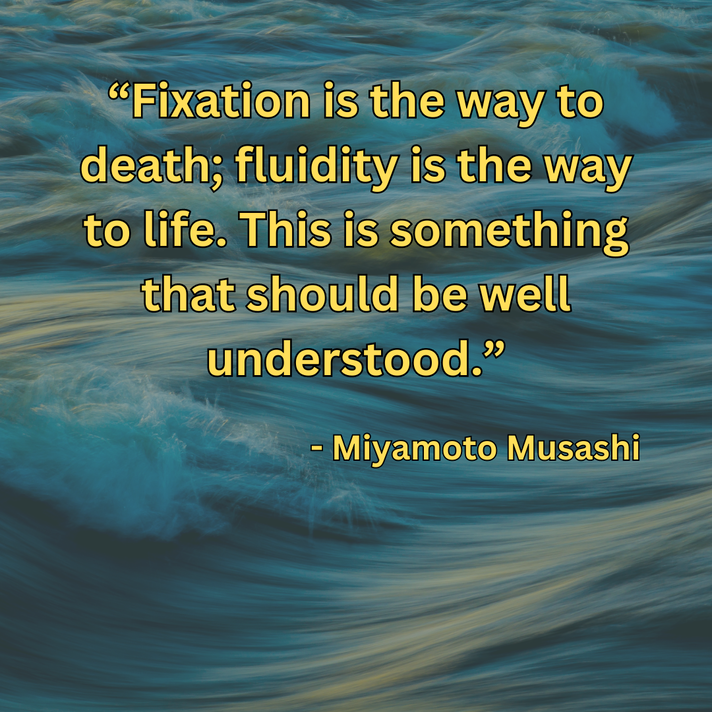
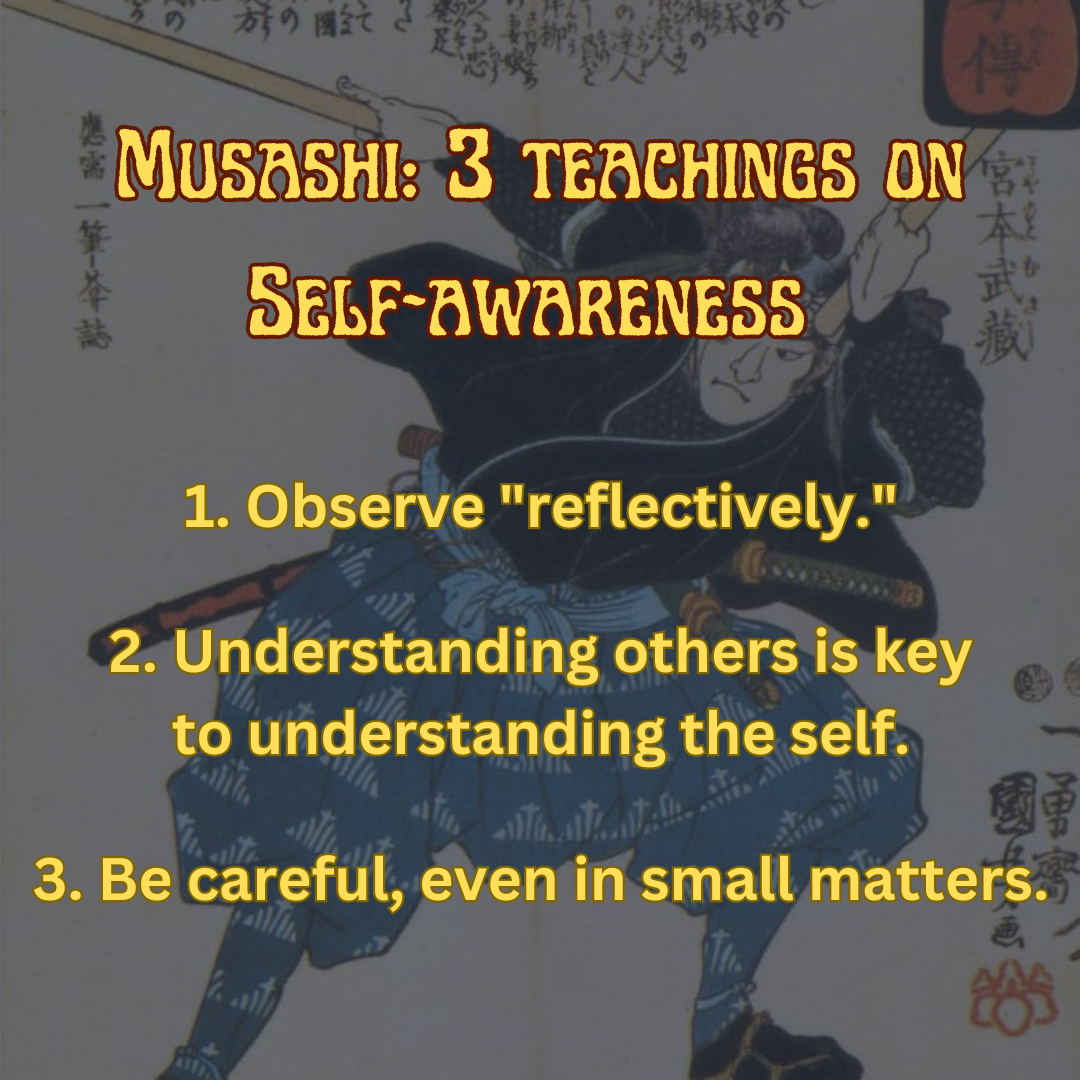
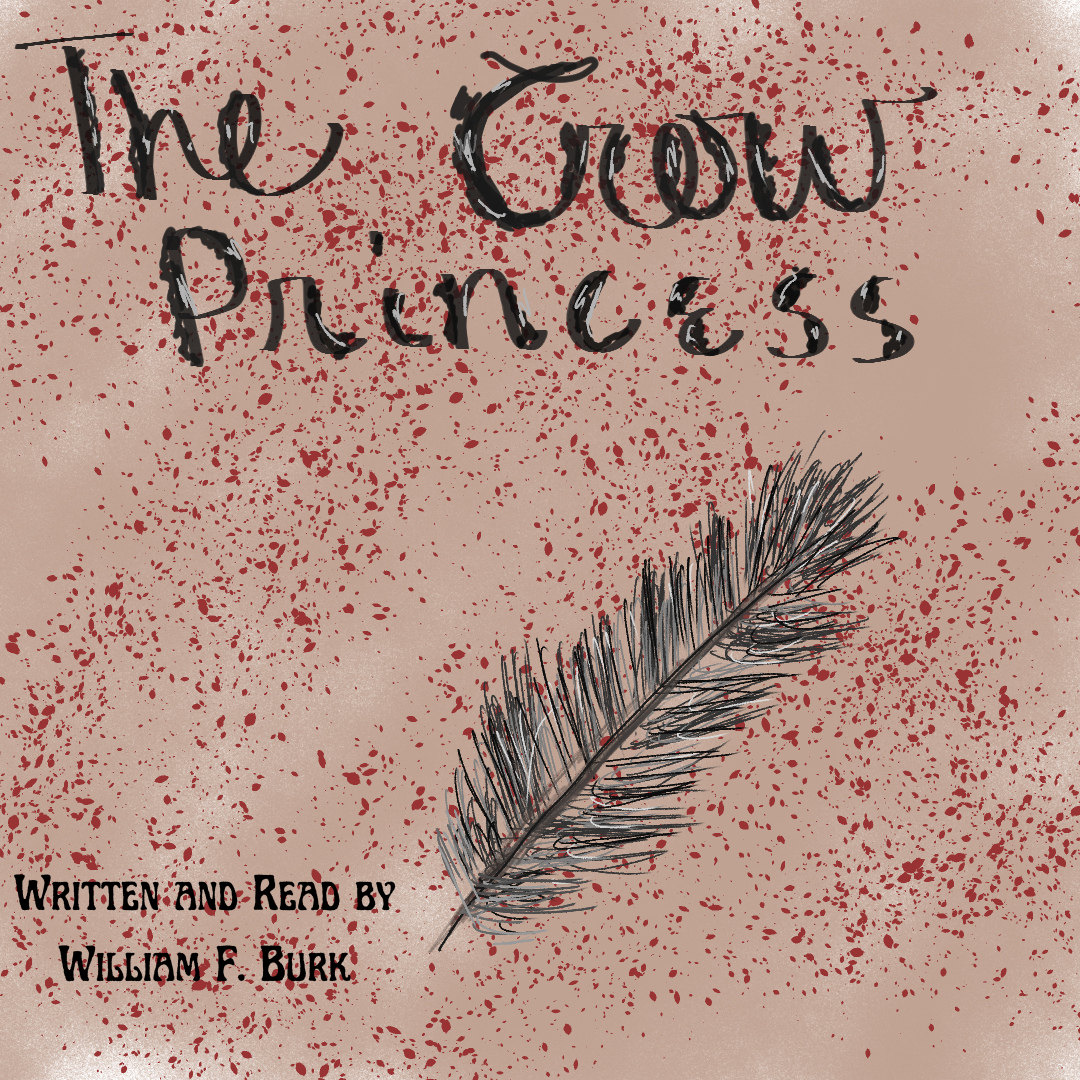
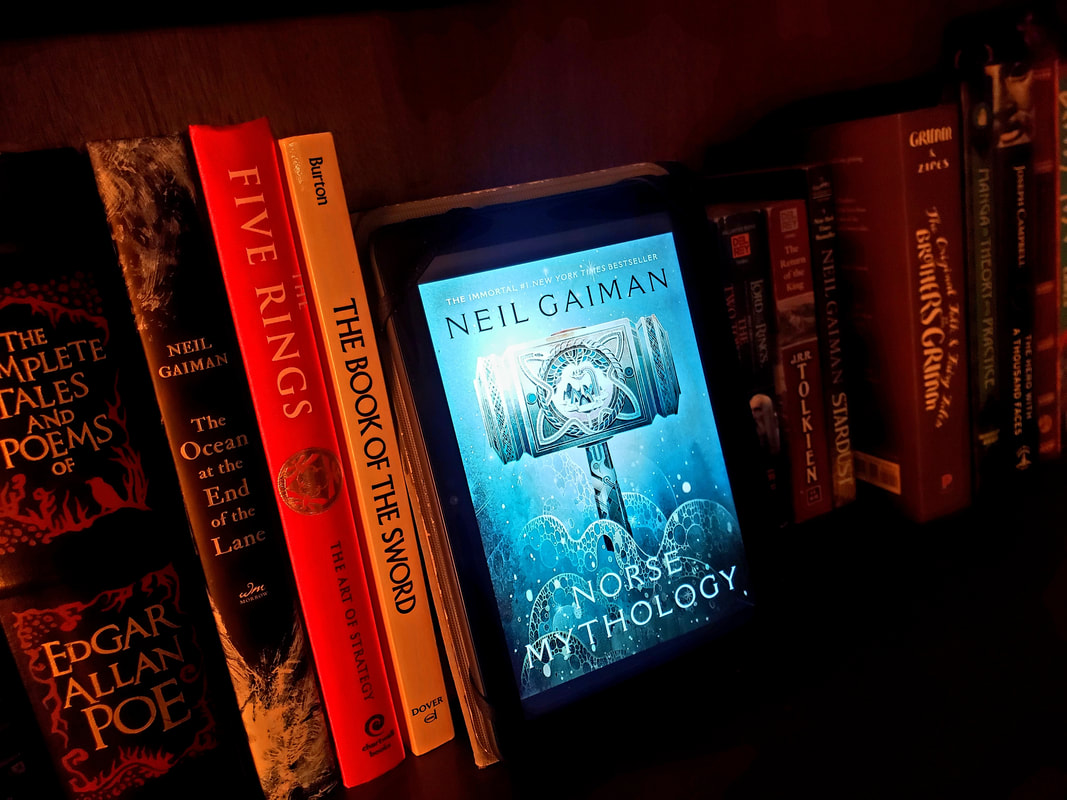
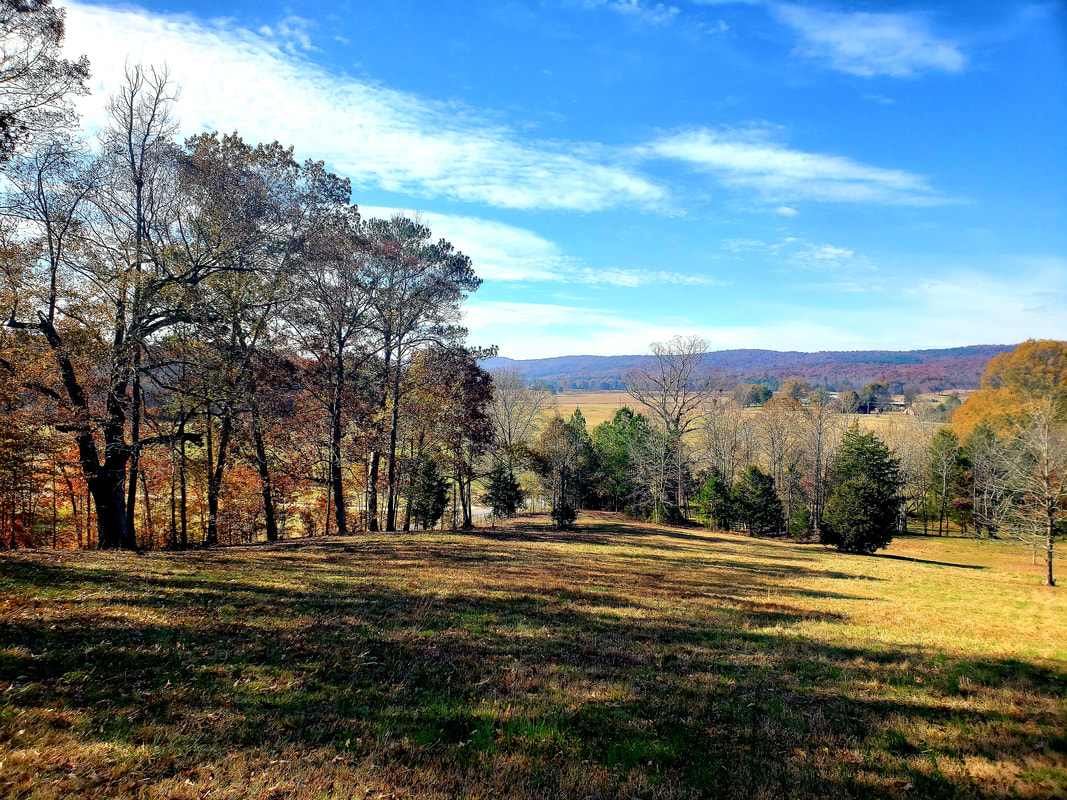
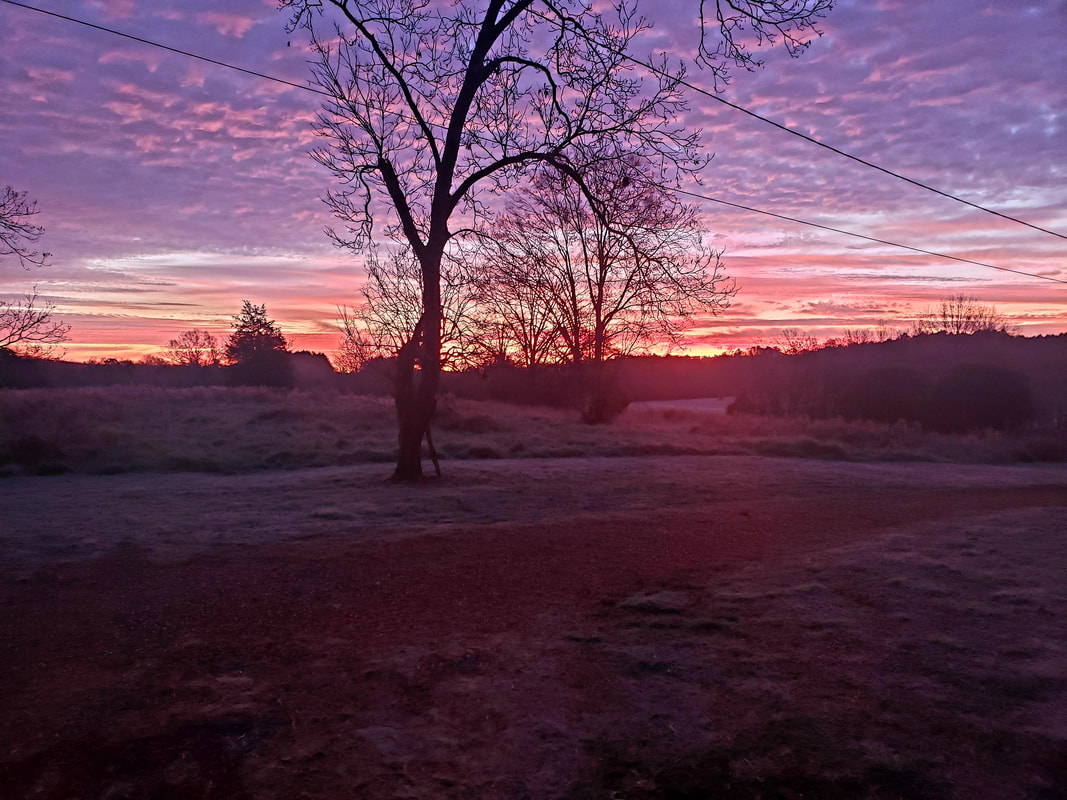
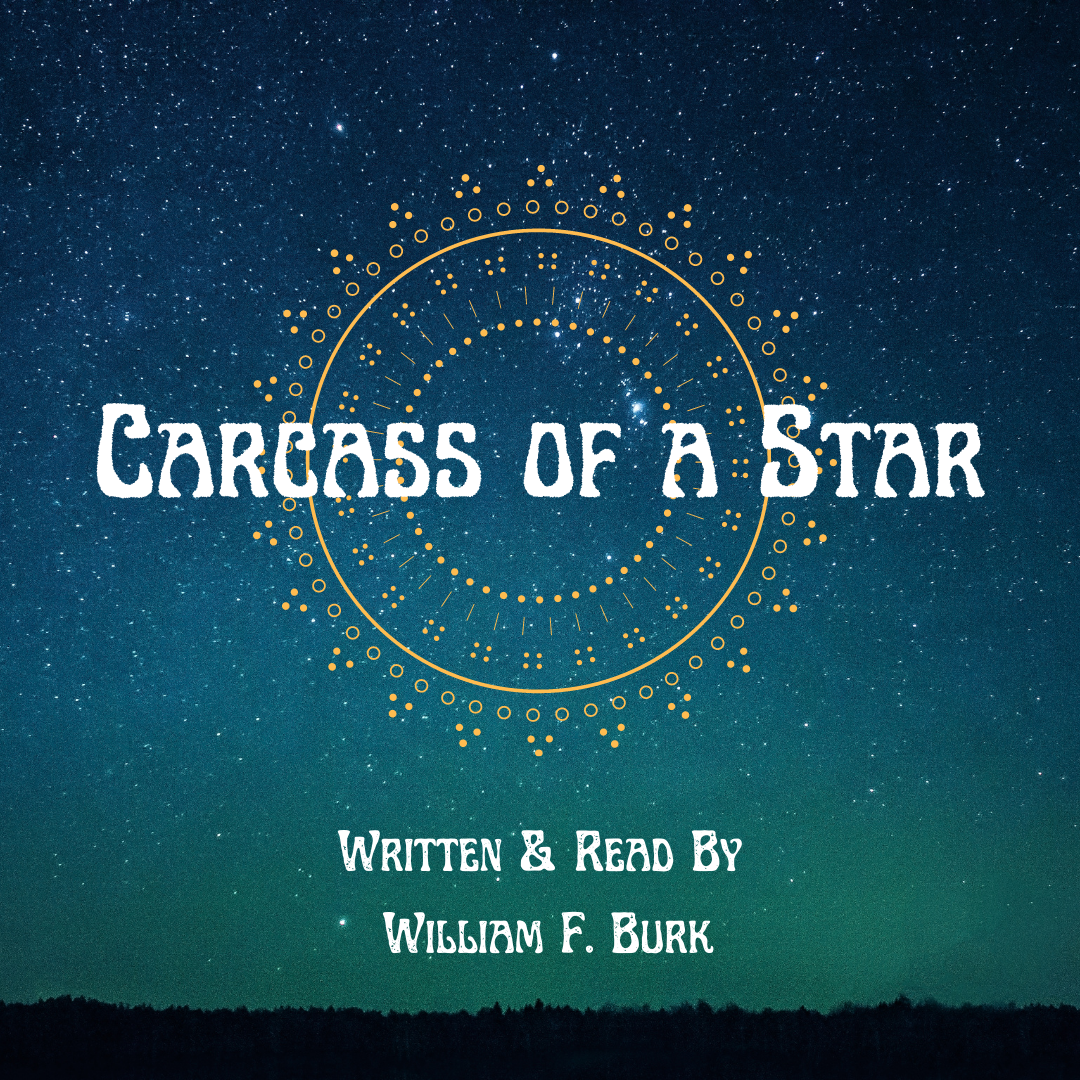
 RSS Feed
RSS Feed